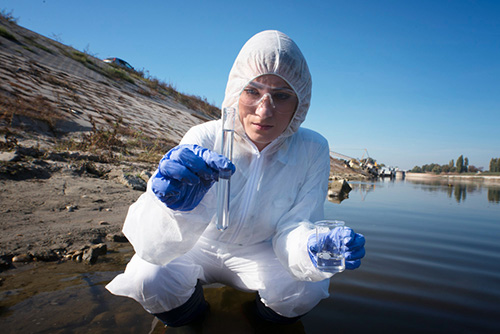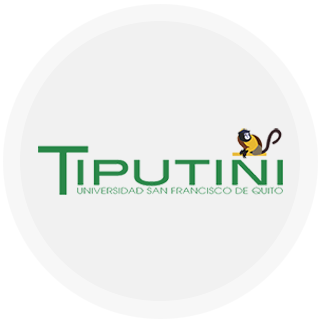Research
Creating a collaborative global network of institutions and academics from Latin America, Europe, and the world for scientific research.
At GAIAS Europa we seek to become the research project meeting and coordination point for researchers from all over the world. We further this fundamental pillar of academic activity through administrative and financial support in carrying out scientific research projects, securing external funds, transferring technology, and engaging with industry.
Research
Creating a collaborative global network of institutions and academics from Latin America, Europe, and the world for scientific research.
At GAIAS Europa we seek to become the research project meeting and coordination point for researchers from all over the world. We further this fundamental pillar of academic activity through administrative and financial support in carrying out scientific research projects, securing external funds, transferring technology, and engaging with industry.
We work with participatory methods and integrative approaches in a multidisciplinary space where we foster:

Experiential Education:
We facilitate experiential learning by including students in Latin American and European research projects thanks to alliances with a variety of companies and institutions.

Interdisciplinary Research:
We encourage interdisciplinary research projects across five major areas: environmental change, community and human health, conservation, oceans, and biodiversity.
Our Research Institutes
Our research institutes produce scientific publications in various disciplines and carry out projects that serve as benchmarks on a local and global scale.
Administration and Economics
Health Sciences
Social Sciences and Humanities
Jurisprudence
Biological and Environmental Sciences
Science and Engineering
Hospital, Culinary Arts, and Tourism
GAIAS EUROPA In Attendance at the
Sharks International Congress
Universidad San Francisco de Quito (USFQ) participated in the Sharks International 2022 Congress, the most important symposium on marine life, organized by the Oceanogràfic of Valencia. USFQ authorities, professors, and students met at the City of Arts and Sciences, where mechanisms to stop the mass extinction of sharks, manta rays, and chimaera fishes were discussed.
Speakers such as Alexander Heam, PhD in Marine Biology; Diana Pazmiño, PhD in Marine Sciences; Juan José Guadalupe, M.Sc. in Molecular Life Sciences, and Gonzalo Rivas, PhD in Ecology and Wildlife Conservation discussed assorted topics regarding environmental conservation in the Galapagos Islands and the Tiputini Biodiversity Station in the Ecuadorian Amazon region.
In addition, USFQ presented an important photographic display of Galapagos sharks.


